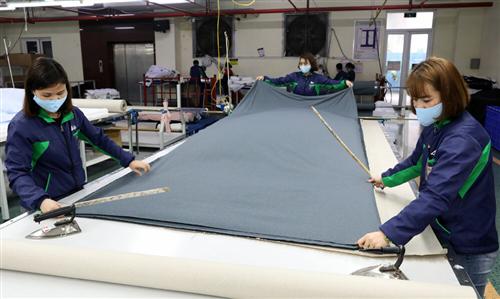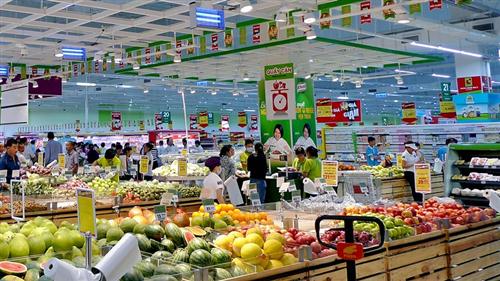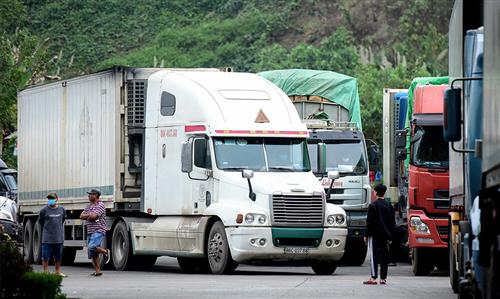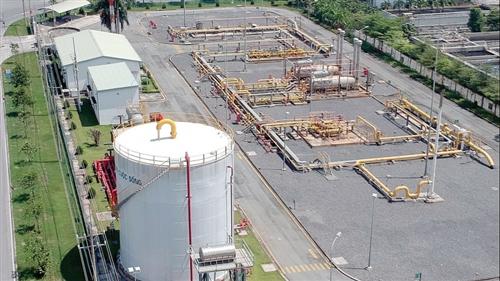Business upheaval may be required after 2020 events
Business upheaval may be required after 2020 events
As coronavirus cases continue to impede the plans of a range of countries, it is becoming important for companies to start thinking about the potential impact on bottom lines. Deborah Elms, executive director of the Asian Trade Centre in Singapore, writes on responses from citizens, employees, and employers, and how that can impact the economy and trade during and after the outbreak.

Deborah Elms, executive director of the Asian Trade Centre in Singapore
|
No-one can say with confidence what sort of economic growth might be at risk from the current coronavirus, or COVID-19, outbreak, but it is becoming obvious that the economic and trade implications can be substantial in the near term. The extent to which the virus could cause widespread economic losses depends on at least three things: the duration and strength of the virus, decisions by governments to the virus spread, and the reaction of citizens and businesses.
The first point is obvious – the trajectory of the virus spread is perhaps better left to doctors and others to consider. However, clearly for companies, the longer this drags out and affects people in more places, the worse the situation becomes for business. If it is somehow solved or managed in relatively short order, there will still be implications for the economy even if the overall impact is less.
The second point matters a great deal – governments have the ability to improve or worsen economic outcomes. They have a fine line to walk in trying to protect citizen health while also supporting the economy. At the extreme end, governments could decide to order mandatory quarantine on all citizens (or nearly all citizens, as essential personnel would still be needed to manage cases at clinics and hospitals and to enforce the quarantine). This would effectively shut down the entire economy.
The incubation period of the virus is still unknown, but recent estimates suggest that 14 days may be insufficient. Quarantine in whole or in part for weeks on end will severely disrupt the economy.
The business implications of prolonged shutdowns can be significant. The overwhelming majority of global companies are small, and they do not have deep pockets to absorb the impact of long disruptions. Any effort at government bailouts may be too little or too late to help many smaller businesses cope with a sudden loss of income and revenue. Given the nature of trade connections, businesses all over the world are more intimately connected that they might have imagined. The virus gives a live demonstration of the extent of trade relationships. Prolonged closure in one area may mean that raw materials, parts, and components needed in another area will not arrive on time or at all. Disruptions in supply chains are like ripples in a pond. Items meant to come from factories that have been shut down in the epicentre at the start of the outbreak are starting to affect manufacturing elsewhere around the globe. As these related factories scramble to address critical shortages in parts, materials, and supplies, they can affect other businesses further along the chain. Other government measures can also have an outsized impact, such as orders that affect the movement of people across borders by air, sea, road, and rail. It is not just travel and tourism that will be affected by flight bans and ship restrictions – the movement of cargo also depends on transportation links. Bans on air travel, as an example, can affect cargo at sea as many of the necessary documents are sent by air ahead of the ship arrival in port. This crisis might help finally speed up the process of moving to digital deliveries. Port closures or restrictions on crew movements affect the loading and unloading of cargo. The third issue, the reaction of citizens and companies, is also key to determining the extent and depth of the virus impact.
If citizens simply stop venturing out even without an official restriction on movement, they are also not buying goods or using services. Demand will continue to drop, even if the virus is not the direct cause. The fear of the virus is likely to create significantly more economic damage than the actual illness itself.
If companies shut down, split shifts, require work from home whenever possible, and so forth, the supply of goods and services is also affected. While many jobs can be maintained from home, not all work can be conducted remotely. Even services delivery, which may be able to be carried out digitally, is likely to be less efficient as businesses and employees struggle with new systems and procedures for operating.
Once workplaces reopen for business, many companies will not be immediately as productive as before. Businesses are likely to be missing or have delayed delivery of critical parts and components. Service industries like retail are unlikely to immediately revert to the same level of customers as before. Thus, the types of response from citizens, employees and employers also affect the economic and trade impact stemming from COVID-19.
It is possible to imagine a worst-case scenario where both supply and demand collapse. Workers are unable to produce goods and other companies and citizens are unable to purchase. This dire situation is unlikely to persist forever, of course. But the drop in both supply and demand creates ripple effects on the economy.
In an interconnected world, even areas without direct issues with the virus may be affected. Clearly, everyone is hoping for an optimistic end to the virus outbreak, with decreasing cases and fewer deaths in the shortest possible time. However, even if a miracle takes place and the virus stops immediately, the economic and trade effects are likely to linger for some time afterwards.
In the longer run, companies should consider the virus another reason to rethink existing business models. It should spur many firms that have been resistant about investing in digital solutions to make necessary transitions. It should also encourage companies that have been over-reliant on a lean supply chain, particularly those anchored in one place, to reconsider existing solutions.



























